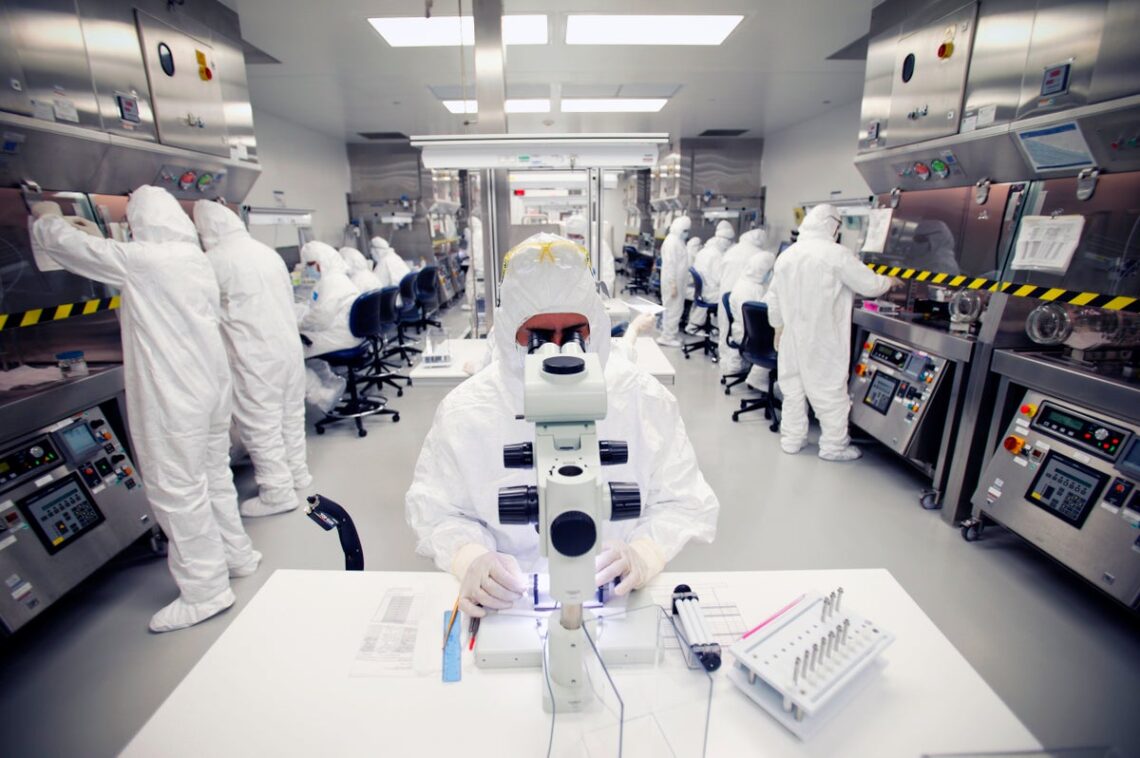December 18, 2024
5 min read
The Public Distrusts Scientists’ Morals, Not Their Science
Reaction to a recent Pew survey on the public’s trust in science shows that the scientific community is not ready to address the real problem
Our overlapping Trump and COVID eras have seen a fairly sharp downturn in public trust in scientists. Around one in 10 Americans report less support for science now than they did before COVID.
That was a November survey finding by the Pew Research Center. In addition to this decline in support from pre-pandemic times, the survey found that people who trust scientists either “a great deal” or “a fair amount” remain more or less the same since 2021. In response, the president of the U.S. National Academy of Sciences said that the survey “gives us an opportunity to reexamine what we need to do to restore trust in science.”
But the diagnoses of the cause of a lack of trust by scientific leaders responding to the survey are variations on the same old ones, which is that the public does not understand science. That is a comfortable diagnosis for scientists, and therefore is unlikely to help with trust. The scientific community needs instead to consider that a lack of trust does not stem from the public’s view of scientists as fact-finders, but rather from the public not trusting scientists’ moral values.
On supporting science journalism
If you’re enjoying this article, consider supporting our award-winning journalism by subscribing. By purchasing a subscription you are helping to ensure the future of impactful stories about the discoveries and ideas shaping our world today.
Reactions to the report suggest that the scientific community is trying hard to not see this. A recent Washington Post news report stated that the public lost trust because they did not understand scientific claims about facts—about cures for COVID, about the utility of masks, about the origin of the virus, about the effect of social…
Read the full article here

